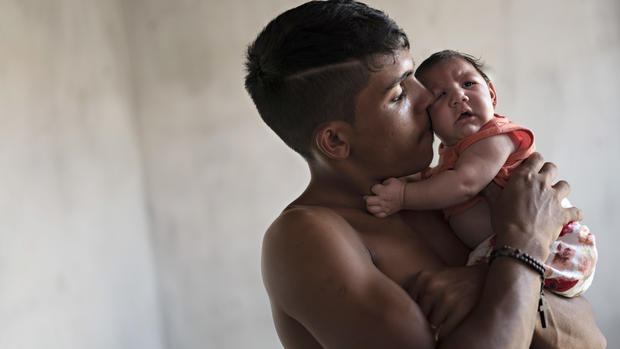U.S. Olympic Committee tries to ease athletes' Zika fears
The U.S. women's soccer team started on the road to Rio Wednesday night with a win in their first Olympic qualifying game. The team's goalkeeper, Hope Solo, is raising concern about the risk of Zika infection during the games.
"If I had to decide today, I would not go. Fortunately the Olympics are about 6 months away so I believe we have time to get some of our doubts and questions answered," Solo said.
U.S. Olympic Committee CEO Scott Blackmun tried to address those doubts and questions in a memo to prospective Olympians.
He said the organization is working with the CDC and infectious disease specialists to closely monitor the situation. But no matter the preparation, he wrote, "there will always be risk associated with international competition."
An official with the Rio games told CBS News all rooms in the Olympic village will be air conditioned, and venues will be inspected daily to remove standing water where mosquitoes might breed.
The population of the mosquito that carries Zika does go down significantly in the cooler, dryer winter months of August and September, when the games will take place.
The main worry is the suspected link between the virus and microcephaly, an unusually small head at birth. That link has been strengthened within the past day by reports both in Brazil and the United States.
The virus has now been found in the placenta of mothers who miscarried and the brain tissue of newborns with microcephaly who died.
An official from the Rio Olympic organizing committee told CBS News on Thursday that there are no plans to cancel or postpone the Olympics. He said preparations for the games are "full steam ahead."
In fact, this weekend there will be a test event for the diving competition.

